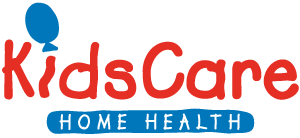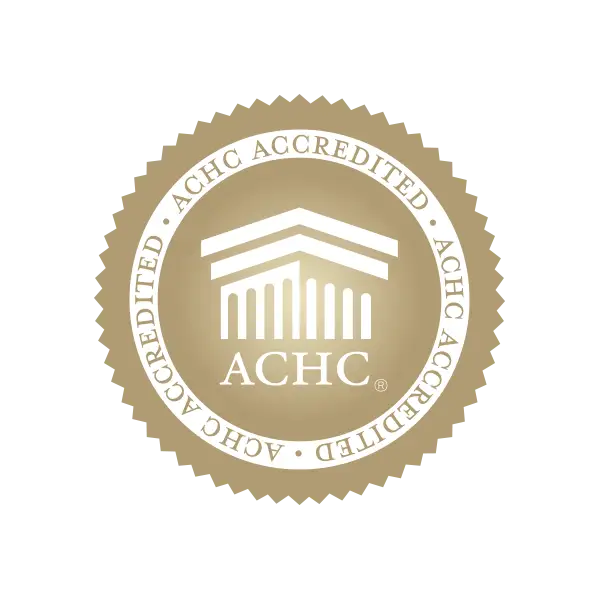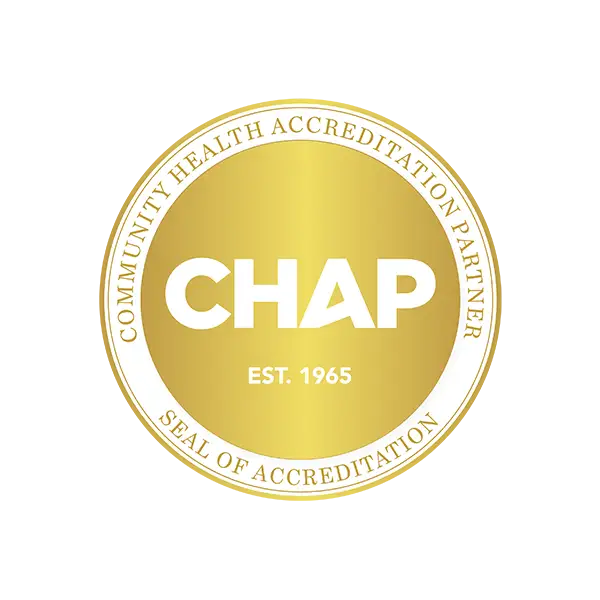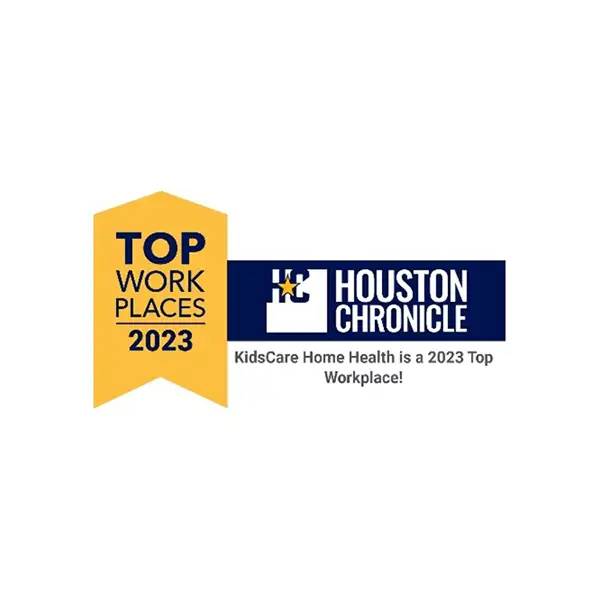
Whether you are interested in a speech therapy career or you’ve been told your child might benefit from seeing a speech language pathologist (SLP), you might be wondering if there is a difference between speech pathology vs speech therapy. Are they two separate therapies? Today, we’re clarifying any confusion surrounding these professional terms and providing more details about speech and language therapy in general.
Are Speech Therapists the Same as Speech Pathologists?
Although these two terms may seem different, they describe the same profession, so yes, they are the same. Think of it like an eye doctor and an optometrist. Although they are both describing the same profession, one is more conversational while the other is a more formal title.
What is a Speech Pathologist?
A speech pathologist, also known as an SLP (speech language pathologist), is a healthcare professional who evaluates, diagnoses, and treats communication disorders. The role of a speech pathologist is to address challenges with speech sounds, language, voice, fluency, and even swallowing.
What is a Speech Therapist?
A speech therapist is the more casual term for a speech pathologist. Exactly like SLPs, speech therapists help people of all ages improve their speech, language comprehension, self-expression, and swallowing. These professionals are skilled experts who help individuals enhance their communication and overall quality of life.
Speech Pathologist vs Speech Therapist: Professional Differences
Now that we have established that there is no difference in the roles of speech therapy vs speech pathology, let’s explore the two different titles – where they come from, why both are used, and when one might be preferred over the other. The title “Speech-Language Pathologist” is the formal designation for this profession. Therefore, it is the term recognized and used in professional and academic settings, such as with the American Speech-Language-Hearing Association (ASHA), as well as in clinical or healthcare settings.
The term “Speech Therapist”, on the other hand, became popular because it is more intuitive and easier to say. Speech therapist is the title many will use when referring to the profession in less formal settings, such as in schools or among families. However, while the term isn’t incorrect when referring to the profession, “speech therapy” relates only to a part of what an SLP professional does within their scope of practice.
Roles and Responsibilities
As a licensed healthcare professional, a speech and language therapist provides care to individuals who have challenges with speech, language, cognition, or swallowing. They work with people of all ages, from toddlers learning to speak to adults recovering from strokes or brain injuries. An SLP can help individuals with developmental disorders, neurological conditions, or injuries that impair effective communication or pose risks to the safe consumption of food and beverages.
Here’s a quick overview of the areas speech pathologists might address:
- Speech Sound Disorders: Trouble saying certain sounds clearly or speaking smoothly, often due to issues with how the brain and muscles work together (such as in apraxia or dysarthria).
- Understanding and Using Language: Difficulty following directions, putting words together, or expressing thoughts clearly.
- Speaking Fluently: Challenges like stuttering, repeating sounds, or getting “stuck” on words.
- Feeding and Swallowing Issues: Problems like coughing or choking while eating, or difficulty swallowing safely, also known as dysphagia.
- Social Communication Skills: Difficulty understanding the “unspoken” rules of communication, such as taking turns in conversation, using the appropriate tone of voice, or interpreting facial expressions and body language.
For example, pediatric speech therapists work with children of all ages who have delays or disorders in speech sound production, language development, social communication, or feeding and swallowing. SLP therapy can be especially beneficial for kids with autism spectrum disorder, Down syndrome, hearing impairments, or simply late speech development. Their role is to work closely with families to build communication skills that help children connect, learn, and thrive in their everyday lives.
Who Should You See – Speech Pathologist or Speech Therapist?

If your child needs support with communication, speech development, or challenges related to feeding and swallowing, you may be wondering which service to seek, speech therapy vs speech pathology. The good news? You don’t have to choose because they’re one and the same.
As discussed, “speech-language pathologist” is the official title used in healthcare and educational systems, while “speech therapist” is the more familiar term most families are accustomed to. Whether the professional lists themselves as an SLP or a speech therapist, they’ve completed the same advanced education, clinical training, and licensing requirements.
So when you’re looking for help, the most important thing isn’t the title. Rather, it’s finding a professional with the right experience, specialty, and connection with your child. Some SLPs specialize in working with children with autism, others focus on speech delays, feeding therapy, or social communication. At KidsCare Home Health, our compassionate pediatric speech/language therapists work hand-in-hand with families in the comfort of their own homes, helping children confidently develop skills so that they can better interact with the world around them.
Contact Us Today
Contact KidsCare Home Health to learn more about in-home pediatric speech therapy services.















